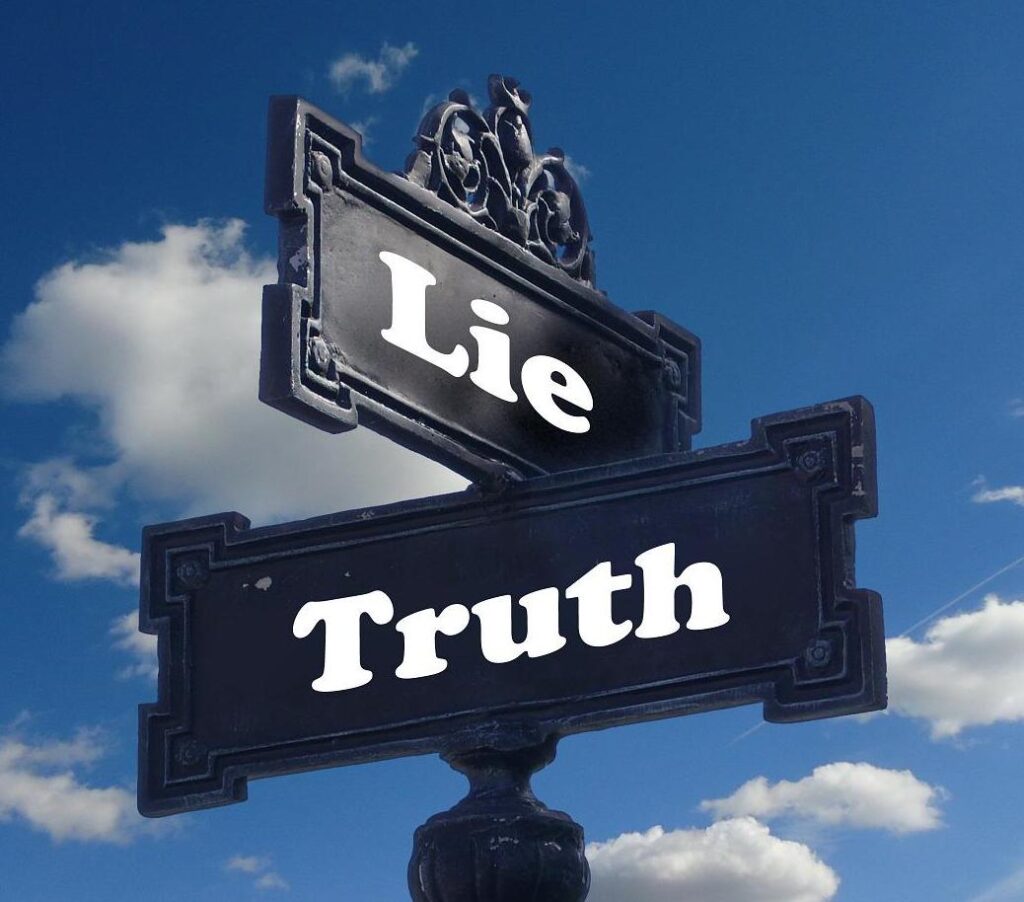Danielle, who cuts my hair, is tall, thin, gorgeous and used to work as a fashion model in New York City. In fact, because she looked the part, many in her life assumed that’s where she belonged which made modeling seem to her like a logical choice. But she’s much more than her body and has many other interests including art, living sustainably and the desire to raise kids in the Midwest where she grew up. Now she’s married, raising two girls and growing organic veggies on every available space in her yards and on her porches. Plus she gives great haircuts and is not into small talk.
This final virtue makes my hair appointments thought-provoking and propels our conversations into provocative territory, like the story of her dad who was less than monogamous and provided her with more siblings than I have relatives. And like telling me she’s grateful that during her twenties she saw a shrink who taught her to painstakingly observe each step of the logic she used in decision-making.
I missed that boat and shouldn’t have. But I kept journals and occasionally scrutinized them for patterns and explanations about what made me tick and what led to my life’s many negative consequences.
I wrote about this process in Sylvie Denied so you can follow Sylvie’s train of thought through her early childhood, adolescence and young adulthood. Events large and small that impress her as a child assume perhaps an outsized place in her thinking. Although some of these impressions make rather shaky premises, she follows where her mental map leads and she acts according to the logic based on those premises. I wanted to show how Sylvie’s experiences — coupled with misunderstandings and overshadowed by her personality — set the foundations for decision-making that leads to choices, both good and bad.

Understanding our own personal reasoning process is priceless. Recognizing the premises we build on is even more important. We grow up in families that speak a particular language in neighborhoods where many values are shared, all of which contributes to how we perceive the world.
Probably most of us reminisce, often with regrets. And many of us beat ourselves up for bad choices. But while we’re conscious, we can change our thinking. Since the world has just experienced the Covid phenomenon together, I think there’s increased scrutiny now on choices we’ve made collectively — how we organize ourselves, the leadership we choose and why things are the way they are. I hope this means that there’s also more interest in digging deep into our basic beliefs, including those about life itself.

Have you read SYLVIE DENIED yet? I invite you to grab your copy, and please leave an honest review when you do.